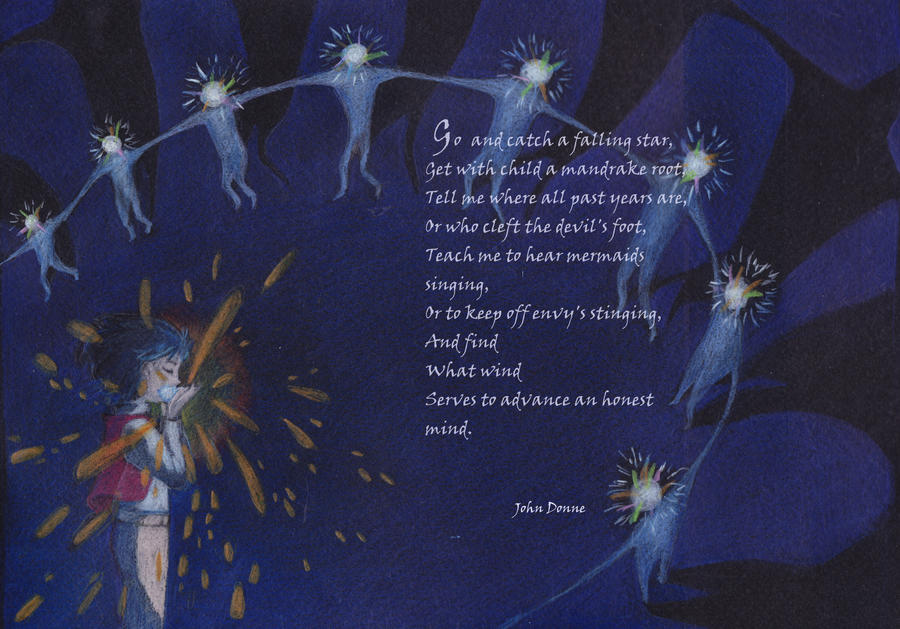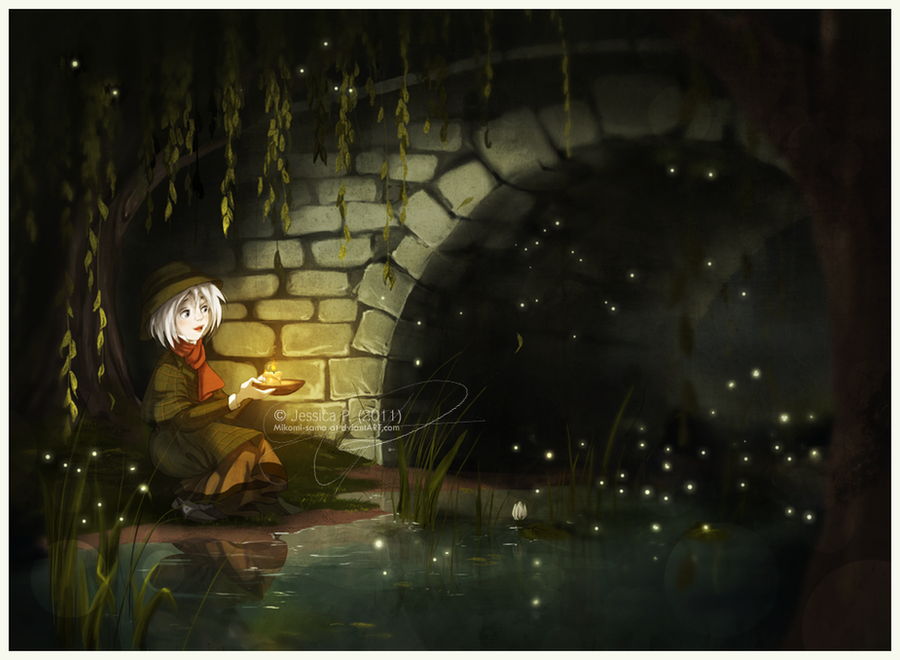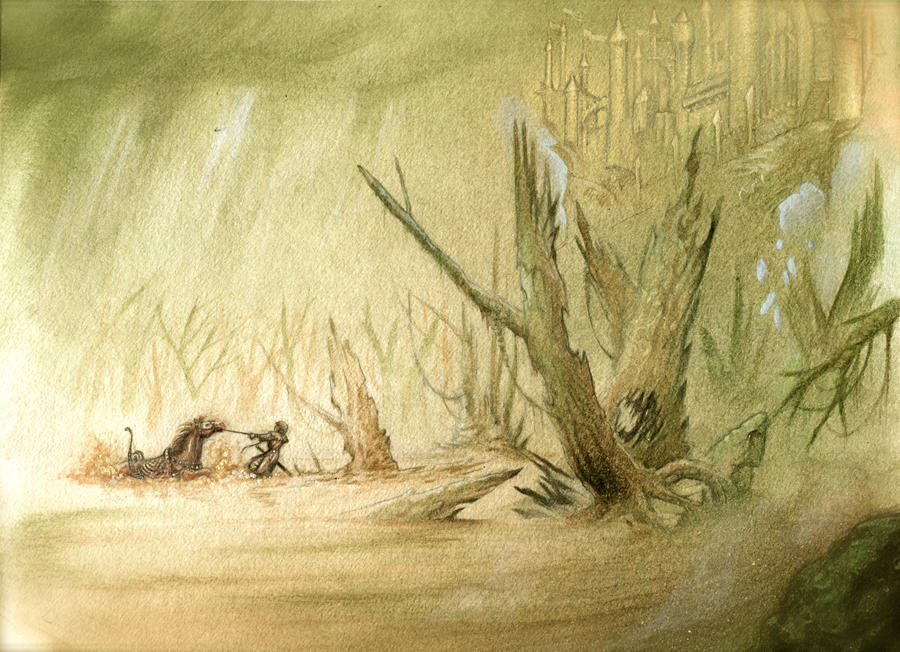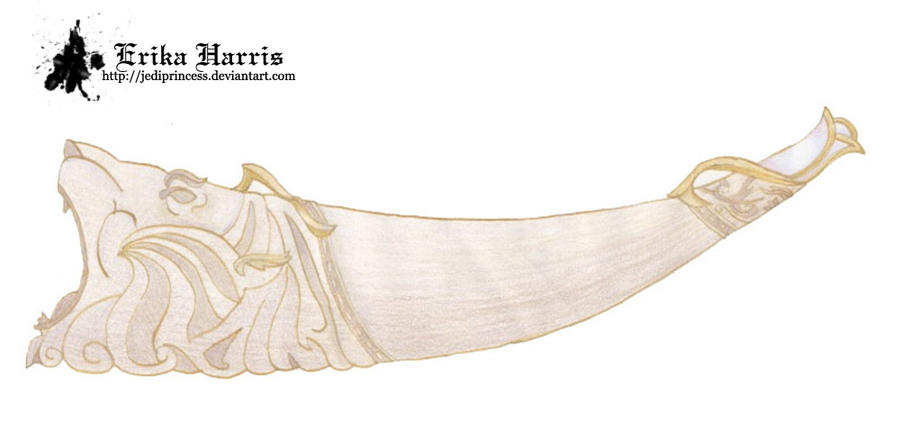So, I didn't post on Sunday but, again, I have a good excuse... It was my birthday!!!!!!! yay! So I spent the whole day with my family. It was wonderful :) Speaking of wonderful and magical things I did get a copy of Spenser's
Faerie Queene as a present which was really exciting! But, enough of that and on with the themed update.
There have been a lot of changes to my poor little poem. It is no longer rhymed, but is in blank verse. This is not because I dislike rhyme, it is merely because it is due sometime this week and blank verse takes significantly less time to write than Spenserian stanzas. But, I'm liking the plot more and more, even if I don't love the form. My only sadness comes from the fact that I simply don't have time to fit everything in that I want :/ Well, I thought I'd just do a quick update and then get back to finishing it! After this I have to edit a nine page essay due tomorrow and start working on finalizing a draft of a paper for Friday, and then this weekend I must simultaneously write an 8 page paper and study for exams... it's that time of year again 0.o In the meantime, here are two excerpts taken completely out of context.
At
this the lady Idhrenniel spoke,
“And
just as I taught him, let me teach you.
I
know very well this horn that you seek,
160
And
I shall tell you something of it.
You
know, I’m sure, the story of the horn,
How
long ago, it is said, there lived a
Beautiful
Queene who was called Shusan
Who
ruled your land under her elder brother, 165
Who
in those days was hailed High King,
For
this was a millennium ago
During
the time known as your Golden Age.
Now,
Shusan had in her possession
A
horn of great power given to her 170
By
Saint Nicholas the Wonderworker,
Which,
when blown, would always bring her aid.
One
day, while hunting the magic white stag,
With
her whole company did disappear!
But
she left her horse and horn all behind. 175
‘Tis
said the horn was ta’en by an albatross
And
hidden away for a day of great need
And, when it’s blown, will assay all evil.
****************
......You
will stay here and learn all that my
Lord
and I have to teach, thus armed you will 230
Return
to your home and will with the words
Learned
from the horn save all your land from
Evil.
You will be like the mighty kings
Of
old, and nothing will be impossible
If
you desire it. If beasts attack 235
Your
ships, you shall for days strive with them
And
triumph by your strength. If giants do
Attack
how can you fail to turn them back?
I’ll
show you how to catch a falling star,
To
get with child a mandrake root, to hear 240
Mermaids
singing, and what wind serves
To
advance an honest mind, yes, all of
This
power and more is all of yours. If only
You
will stay and learn, your people will you save
For
I know that for many years you have 245
Been
overrun by men of Telmair
Who
persecute you strongly, but you can
Salvation
be to all who live in your
Fair country, and life will be well again.












